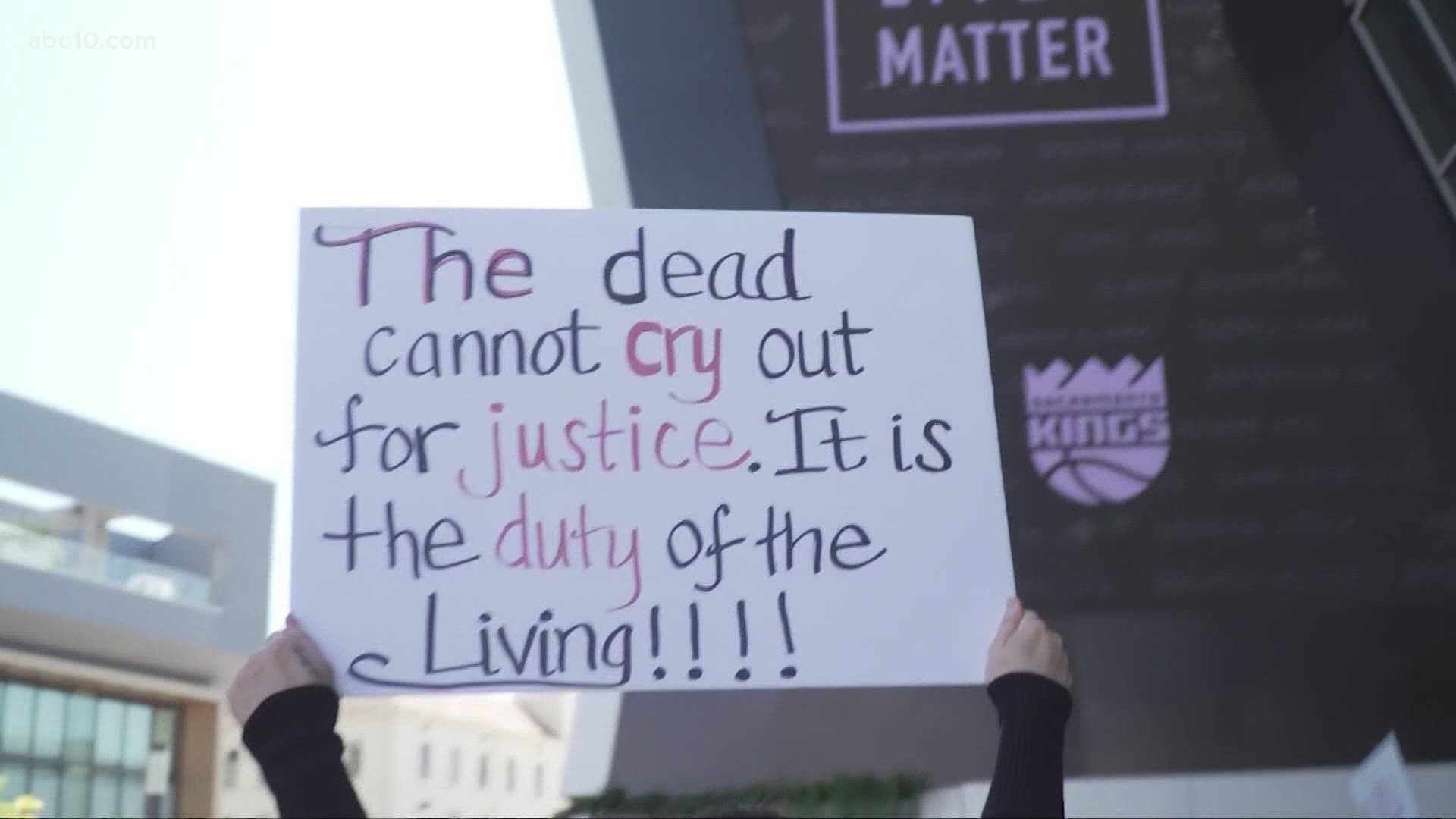SACRAMENTO, Calif. — The stereotype behind black people being labeled as angry dates back to slave masters.
“If they could paint a picture of black people, in general, being angry, hostile and otherwise then they could then justify any behavior that came towards them,” NAACP Criminal Justice and Political Action Chair LaMills Garrett said. “Whether it would be hitting them with a whip, restraining them, or any force necessary.”
That stereotype has evolved over time. Garret says the 1955 lynching of Emmitt Till is an example.
“The hostility claimed of this young 13 or 14-year-old kid of whistling supposedly, theoretically, at a white woman was a danger to them and the action taken was his life,” said Garret.
As a black man, Garrett said he often sees this bias in his own life.
“If you seek to hold employees or other people accountable, which I’ve definitely gotten, I’m condescending, I’m threatening, I’m aggressive,” he said.
According to Garret, it’s common in schools as well. A recent study shows black boys in Sacramento City Schools were four times more likely to be suspended during the 2018-19 school year than their white peers.
“The number of black children in Sacramento who are suspended using exclusionary methods of suspension, expulsion, being sent out of class, after school detentions,” Garrett said.
Some believe the angry black stereotype was used Wednesday during the Derek Chauvin trial. Garrett said it is common to use in courtrooms when black people are involved.
“The goal is to lower his value of the testimony so that what he is saying is viewed through more of a sense of emotion than from an outcome of fact,” he said. ”If the defense can make him angry and when I say make him angry, I mean get enough people to agree that this black man is angry, which already fits a stereotype. That helps them in their ability and desire to actually refute his claims.”
Garrett said there are things people outside of the black community can do to stop this bias.
“I think it's speaking up and being more understanding of the scenarios, believe black people when they tell you “this don’t feel right and the only thing that differentiates me from the rest of the group is that I’m black.”
ABC10: Watch, Download, Read



















